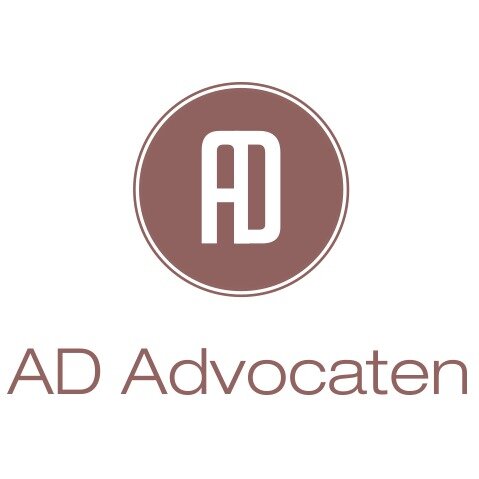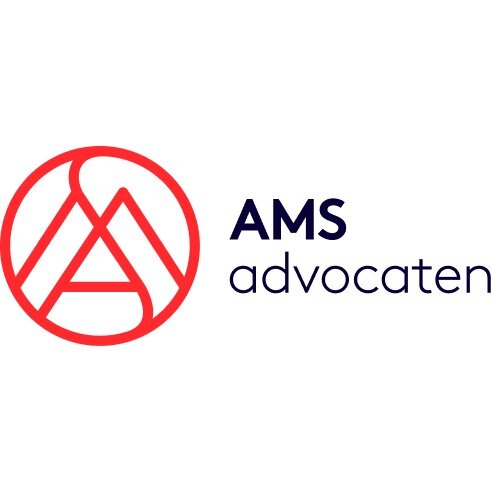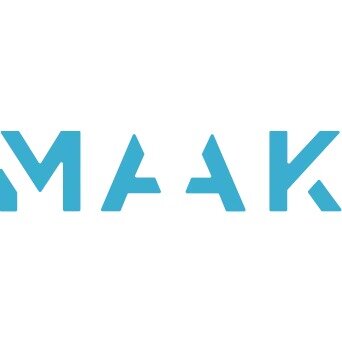Best Antitrust Litigation Lawyers in Amsterdam
Share your needs with us, get contacted by law firms.
Free. Takes 2 min.
List of the best lawyers in Amsterdam, Netherlands
About Antitrust Litigation Law in Amsterdam, Netherlands
Antitrust litigation in Amsterdam, Netherlands, revolves around the enforcement and protection of fair competition in the marketplace. Dutch antitrust law is closely aligned with European Union competition rules, aiming to prevent activities that restrict competition, such as cartels, abuse of dominant market positions, and anti-competitive mergers. Both individuals and businesses may become involved in antitrust litigation, either as claimants or defendants, in cases where their rights under competition law are violated or challenged.
Why You May Need a Lawyer
There are several scenarios in which individuals or companies may require the assistance of a lawyer specializing in antitrust litigation in Amsterdam:
- Facing investigations or accusations of anti-competitive conduct by the Dutch Authority for Consumers and Markets (ACM) or the European Commission
- Suffering from unfair commercial practices or exclusion due to a competitor’s abuse of dominant position
- Seeking compensation for damages caused by an illegal cartel or price-fixing arrangement
- Needing representation in court to challenge regulatory action or defend against civil claims
- Requiring assistance with compliance programs or risk assessments to prevent antitrust violations
- Wishing to report suspected competition law infringements as a whistleblower
Antitrust law is complex and ever-evolving, making experienced legal guidance essential in navigating legal processes and protecting your interests.
Local Laws Overview
The Netherlands abides by both national competition law, primarily the Dutch Competition Act (Mededingingswet), and European Union regulations. The Dutch Authority for Consumers and Markets (ACM) is responsible for enforcing these laws at the national level. The key aspects relevant to antitrust litigation in Amsterdam include:
- Prohibition of agreements or practices that restrict competition, such as price fixing, market sharing, and bid rigging
- Banning abuse of a dominant market position, including predatory pricing, refusal to supply, or imposing unfair trading conditions
- Control and review of mergers and acquisitions that may significantly affect competition
- Enforcement actions, regulatory fines, and the right to claim damages in civil courts for harm suffered due to antitrust violations
- Access to leniency programs for parties that cooperate with investigations
Both individuals and companies have the right to bring claims before Dutch courts for losses suffered due to breaches of competition law, even if those breaches are subject to ongoing regulatory investigation.
Frequently Asked Questions
What is antitrust litigation?
Antitrust litigation is the process of resolving legal disputes related to breaches of competition law, such as cartel formation, monopolistic practices, or abuse of market power, typically in civil or administrative courts.
Who enforces antitrust law in Amsterdam?
The Dutch Authority for Consumers and Markets (ACM) enforces antitrust law in the Netherlands, while the European Commission enforces EU-wide rules when competition issues cross national borders.
Can individuals or businesses claim damages for antitrust violations?
Yes, both individuals and businesses harmed by anti-competitive practices can bring claims for damages before Dutch civil courts.
What are common examples of anti-competitive behavior?
Typical examples include price fixing, market sharing, bid rigging, abusing dominant position, and restrictive agreements between competitors.
What penalties can result from a breach of antitrust law?
Penalties can include substantial fines, orders to halt unlawful conduct, and liability for damages to affected parties. Individuals can sometimes face personal sanctions.
How can a lawyer help in antitrust cases?
A lawyer provides advice on compliance, represents parties during investigations or in court, negotiates settlements, and helps claim compensation for damages caused by anti-competitive conduct.
Is antitrust law the same throughout Europe?
While Dutch law closely follows European Union competition rules, procedural aspects and available remedies can differ across member states.
What is the role of the leniency program?
Leniency programs allow those involved in anti-competitive behavior to report it to authorities and receive reduced penalties or immunity in exchange for their cooperation.
How long do antitrust cases take in Amsterdam?
The duration varies widely depending on the complexity of the case, the amount of evidence involved, and whether appeals are filed. Simple matters may take months, while complex cases can take years.
Do I have to go to court to resolve an antitrust dispute?
Not always. Some cases are resolved through settlements, regulatory procedures, or alternative dispute resolution mechanisms like mediation or arbitration before reaching court.
Additional Resources
If you need more information or assistance regarding antitrust litigation, consider the following resources:
- Dutch Authority for Consumers and Markets (ACM) - The primary national body for competition law enforcement and guidance
- European Commission - Directorate-General for Competition - Oversees EU-wide competition law and cross-border cases
- Netherlands Bar Association (Nederlandse Orde van Advocaten) - For finding qualified competition law attorneys
- Local Amsterdam District Court (Rechtbank Amsterdam) - Handles civil litigation, including antitrust claims
- Dutch Ministry of Economic Affairs and Climate Policy - Provides policy guidelines and updates on competition laws
Next Steps
If you believe you are involved in or affected by an antitrust matter in Amsterdam, it is important to take timely action:
- Gather all relevant documentation and evidence related to your case or concern
- Consult with a lawyer who specializes in antitrust litigation for an assessment of your situation and recommended legal strategy
- If you are under investigation, do not engage in discussions with authorities without legal representation
- Consider reporting suspected violations to the Dutch Authority for Consumers and Markets (ACM) or the European Commission if appropriate
- Stay informed on your rights and the progress of relevant investigations or proceedings
Timely and professional legal help can help protect your interests, mitigate liability, and secure compensation when justified. Taking the right first steps is key in antitrust litigation.
Lawzana helps you find the best lawyers and law firms in Amsterdam through a curated and pre-screened list of qualified legal professionals. Our platform offers rankings and detailed profiles of attorneys and law firms, allowing you to compare based on practice areas, including Antitrust Litigation, experience, and client feedback.
Each profile includes a description of the firm's areas of practice, client reviews, team members and partners, year of establishment, spoken languages, office locations, contact information, social media presence, and any published articles or resources. Most firms on our platform speak English and are experienced in both local and international legal matters.
Get a quote from top-rated law firms in Amsterdam, Netherlands — quickly, securely, and without unnecessary hassle.
Disclaimer:
The information provided on this page is for general informational purposes only and does not constitute legal advice. While we strive to ensure the accuracy and relevance of the content, legal information may change over time, and interpretations of the law can vary. You should always consult with a qualified legal professional for advice specific to your situation.
We disclaim all liability for actions taken or not taken based on the content of this page. If you believe any information is incorrect or outdated, please contact us, and we will review and update it where appropriate.













